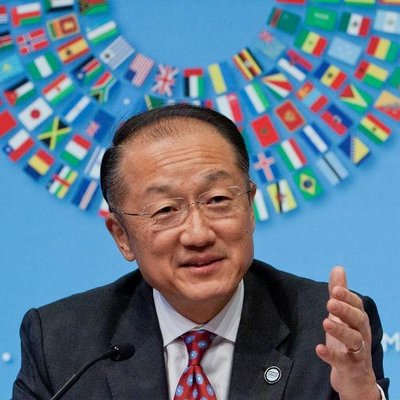The first attempt to
systematically review existing evidence has shown that pet ownership could help
people with mental health problems, reports NaijaAgroNet.
The study of 17
research papers by academics at the Universities of Manchester,
Southampton and Liverpool, concluded that pets could help people manage
their long-term mental health conditions.
Published in BMC
Psychiatry, the study reviewed papers on the impact of animals including cats,
dogs, goldfish, hamsters and finches on their owners with mental health
problems
The team searched 9
databases and looked for unpublished literature which identified 8,145 articles
which were screened for inclusion. 17 articles were included in the final
review.
The studies found that
pets helped the owners to manage their feelings and provided a powerful
distraction from the stress of having mental health problems.
The animals were seen
as being non-judgemental about their owners and helped alleviate loneliness.
And some pets were
seen as helpful in terms of encouraging physical activity such as walking the
dog but also allowing them to engage socially with other pet owners.
Even the hamster owner
said that merely cleaning its cage and feeding the animal gave her a purpose.
However, though the
benefits were clear, some of the qualitative data identified negative
aspects of pet ownership as well.
Dr Helen Brooks from
The University of Liverpool said: “This review suggests that pets can provide
benefits to those with mental health conditions.
"However, further
research is required to test the nature and extent of this relationship
and the range of roles and types of support pets confer in relation to
mental health.
"Pets by provided
acceptance without judgement, giving unconditional support, which they were
often not receiving from other family or social relationships.”
Dr Kelly Rushton, from
The University of Manchester said: “We feel that pet ownership has a valuable
contribution to mental health, so should be incorporated into individual care
plans of patients.
“This sort of
intervention also offers an opportunity to involve patients in their own mental
health service provision through open discussion of what works best for them.”
One of the studies
included in the review was their own NIHR-funded study from 2016.











